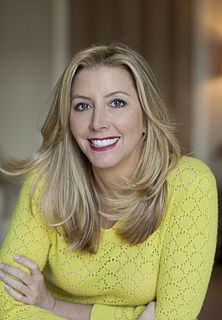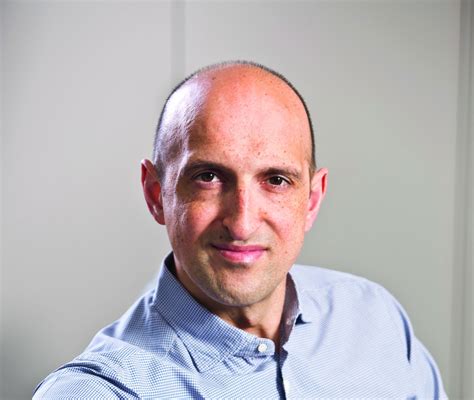A Quote by Carol S. Dweck
This point is?.?.?.?crucial,” writes Dweck. “In the fixed mindset, everything is about the outcome. If you fail — or if you’re not the best — it’s all been wasted. The growth mindset allows people to value what they’re doing regardless of the outcome.
Related Quotes
On moral grounds, I think that if you believe a certain outcome is a very possible outcome, you have an obligation to tell people that. With global warming, the probability of a bad outcome if we stay on our current emission trends is incredibly high. If you know a bad outcome is likely to happen, what right do you have not to communicate that? You go into a doctor's office, what are they going to do - not tell you the diagnosis?





























